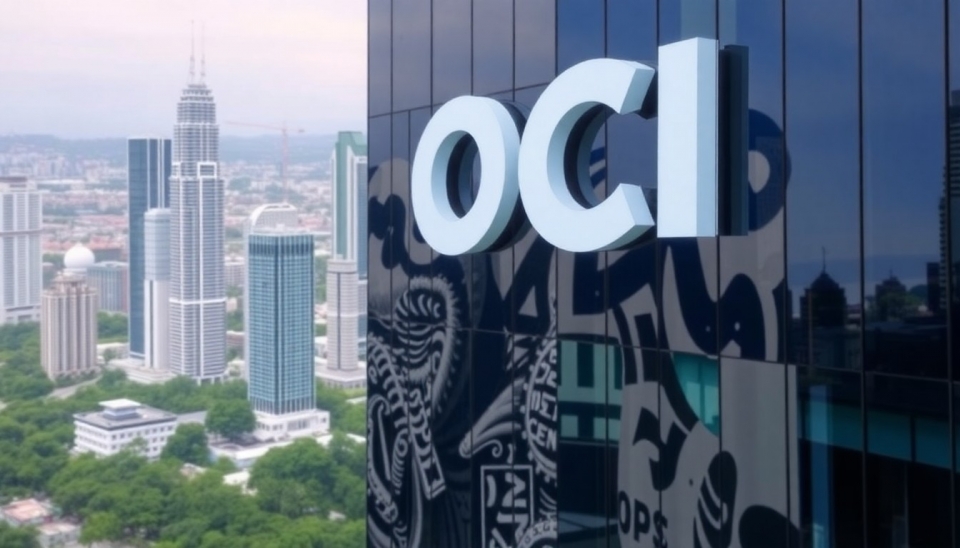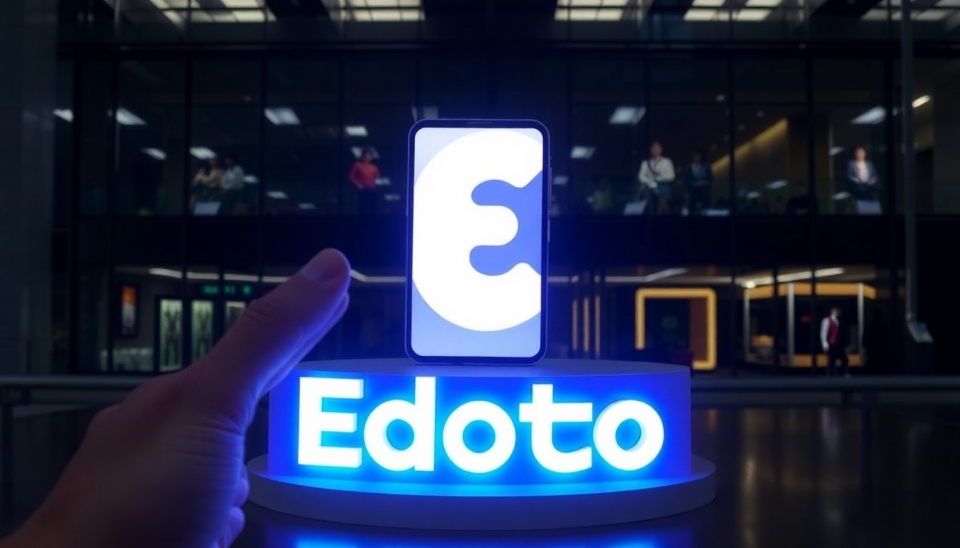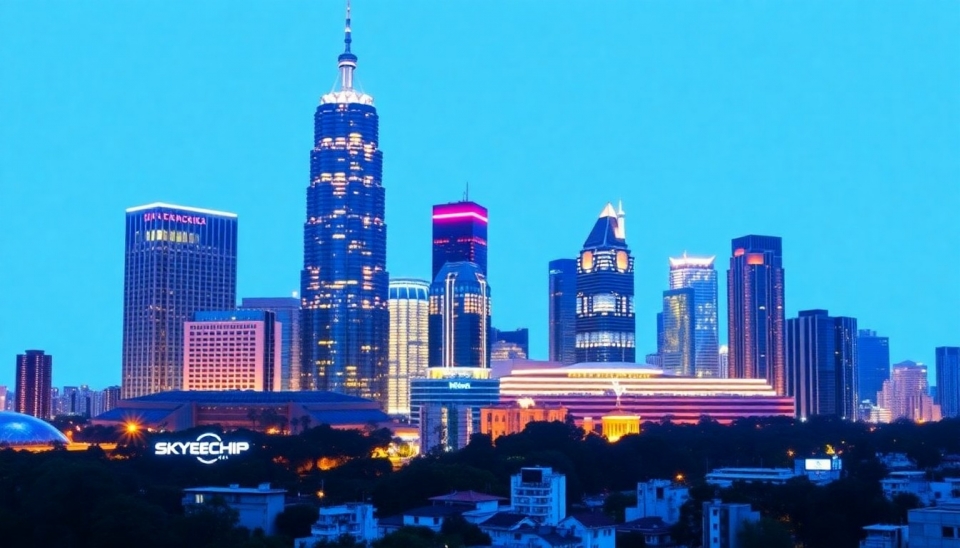
In a significant political development, Malaysian Prime Minister Anwar Ibrahim is facing mounting scrutiny concerning the recent awarding of a 5G telecommunications tender. The controversy has raised questions about government transparency and the selection process, highlighting the ongoing tensions within the Malaysian political landscape.
The tender in question was awarded to a consortium that some critics allege lacks the necessary experience and capabilities to effectively deploy a nationwide 5G network. Critics have pointed to the swift manner in which the decision was made, emphasizing that a more comprehensive review process could have yielded a more qualified vendor. This situation has ignited debates around the influence of political connections on public procurement, echoing concerns that have plagued Malaysia in the past.
Anwar's administration, which has promised to deliver a more accountable and transparent governance style, now finds its credibility tested as opposition parties and civil society groups demand clarification regarding the selection criteria used for the tender. In response, the Prime Minister has called for an open discussion about the 5G rollout, asserting that the chosen consortium is equipped with the necessary resources to carry out the ambitious project. The Prime Minister reiterated his commitment to delivering fast and affordable internet access to all Malaysians, a key component of the country's digital transformation plan.
However, the opposition has not been silent. Leaders from various political factions are voicing their demands for a thorough investigation into the tender process. Critics argue that the tender's lack of transparency is indicative of broader issues within Anwar's coalition government, which came to power after a tumultuous period marked by political upheaval. The heightened scrutiny could prove detrimental as the Prime Minister navigates a precarious political environment where public trust is essential for governance.
Political analysts note that Anwar's response to this controversy could either strengthen his position or further damage his leadership credibility. The 5G rollout is seen as a crucial step towards modernizing Malaysia's economy and enhancing its global competitiveness, making the proper execution of this project vital for the government’s long-term agenda.
The criticisms surrounding the 5G tender award also tap into wider frustrations about government procurement practices in Malaysia, a nation that has historically been plagued by scandals regarding the awarding of contracts. This development highlights the need for systemic reforms to improve transparency, accountability, and public confidence in the government.
As the debate continues, all eyes are on Anwar—his future actions may determine not just the fate of the 5G project but also the stability and integrity of his administration. Stakeholders from the business community to everyday Malaysians are eager to see how this situation unfolds, signaling a crucial moment for the Prime Minister and his ambitious governance plans.
For now, the call for clarity on the 5G tender remains a pressing issue, leading to heightened political discourse throughout the nation.
In summary, the controversy surrounding the 5G tender in Malaysia is a pivotal moment for Prime Minister Anwar Ibrahim, encapsulating the challenges of governance, public trust, and the imperative for transparency in public dealings.
#Malaysia #AnwarIbrahim #5GTender #GovernmentTransparency #Telecommunications #PoliticalScrutiny #DigitalTransformation #PublicProcurement
Author: John Miller




